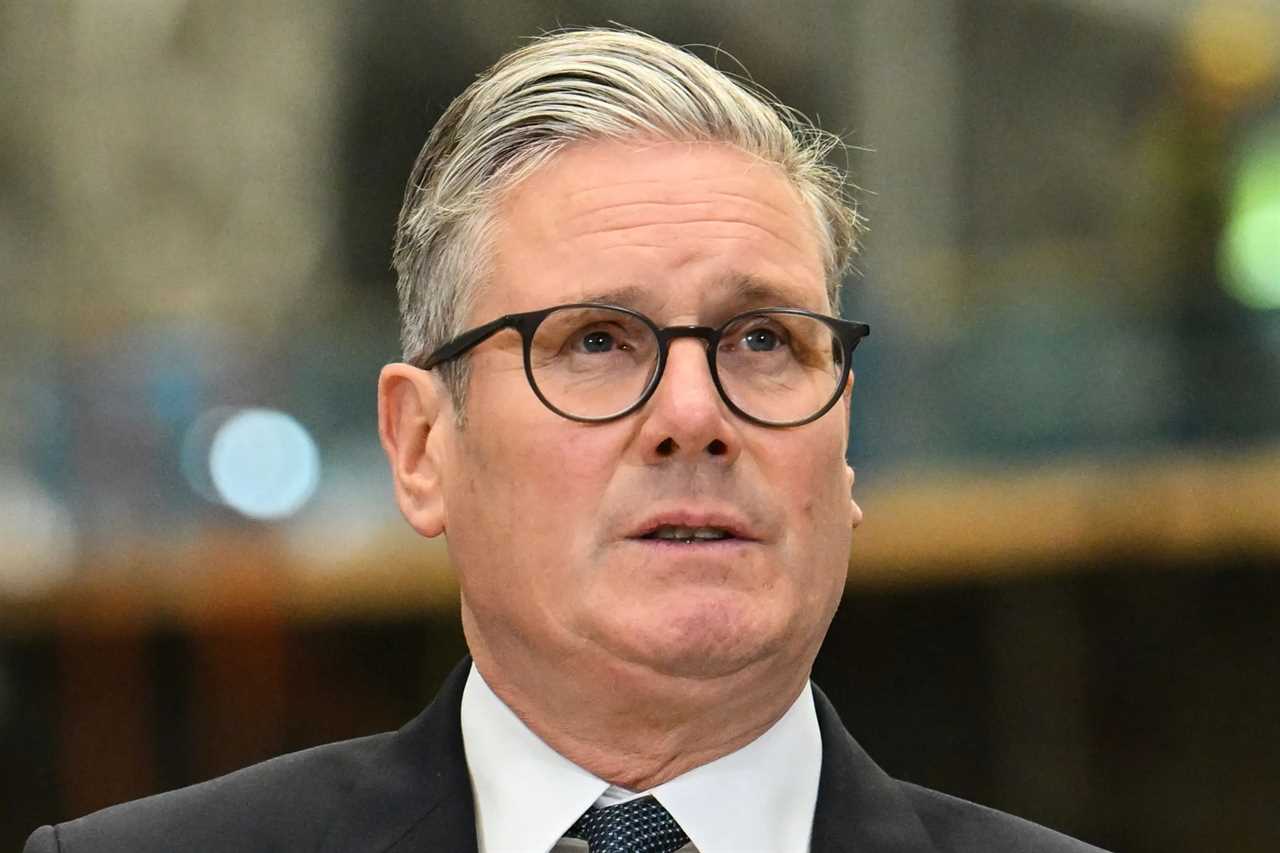
In the midst of a heated debate, Sir Keir Starmer's recent comments on tax hikes and economic growth have sparked controversy, particularly as businesses already face financial challenges. This discussion unfolds against a backdrop of heightened National Insurance contributions and hiring difficulties for employers, raising questions about the delicate balance between taxation, economic prosperity, and business welfare.
Interpreting Starmer's Position: Balance Between Taxation and Growth
Sir Keir Starmer's assertion that increasing taxes could impede economic growth has drawn criticism, especially given the existing financial burdens on businesses. The Labour leader's stance, perceived by some as a critique aimed at Deputy Angela Rayner, contrasts with calls within his party for additional tax measures. This tension underscores the nuanced interplay between taxation policies, economic development, and political strategies.
The Shadow Chancellor's Perspective: Taxation, Entrepreneurship, and Economic Drivers
Challenging Starmer's position, Shadow Chancellor Mel Stride contends that Labour's tax policies risk hindering economic progress by burdening businesses with substantial financial obligations. Emphasising the role of entrepreneurship in driving economic growth, Stride highlights the potential repercussions of what he views as excessive taxation on job creation and business sustainability. This divergence in viewpoints within the Labour Party reflects broader debates on fiscal strategies and their implications on economic behaviour.
Policy Proposals and Financial Strategies: Rayner's Tax Hike Recommendations
Deputy Angela Rayner's advocacy for new tax measures, including proposals to increase taxes for savers and high-income individuals, aligns with a broader strategy to generate additional revenue for government programmes. By suggesting tax hikes as a means to raise funds, Rayner's approach reflects a fundamental question on the distribution of financial responsibilities and the potential impact on different segments of society. These proposals underscore the complexities inherent in tax policy decisions and their multifaceted consequences.

Broader Implications: Economic Growth, Taxation, and Social Welfare
Amidst these debates, the broader implications of tax policies on economic growth, business operations, and social welfare come to the forefront. The discussions surrounding tax hikes, entrepreneurship, and government revenue generation illuminate the intricate relationships between fiscal decisions and their effects on various sectors of society. As the conversation evolves, considerations of long-term economic sustainability and equitable financial practices remain pivotal in shaping policy directions.
In navigating the intricate terrain of tax policy, economic growth, and business resilience, the discourse surrounding Sir Keir Starmer's comments unveils a complex tapestry of perspectives and priorities. The intersection of political ideologies, economic theories, and practical realities underscores the multifaceted nature of contemporary fiscal debates, prompting reflection on the intricate mechanisms that underpin our financial systems.
Did you miss our previous article...
https://trendinginthenews.com/uk-politics/examining-foreseeable-threats-potential-warfare-impacts-on-the-uk-unveiled






